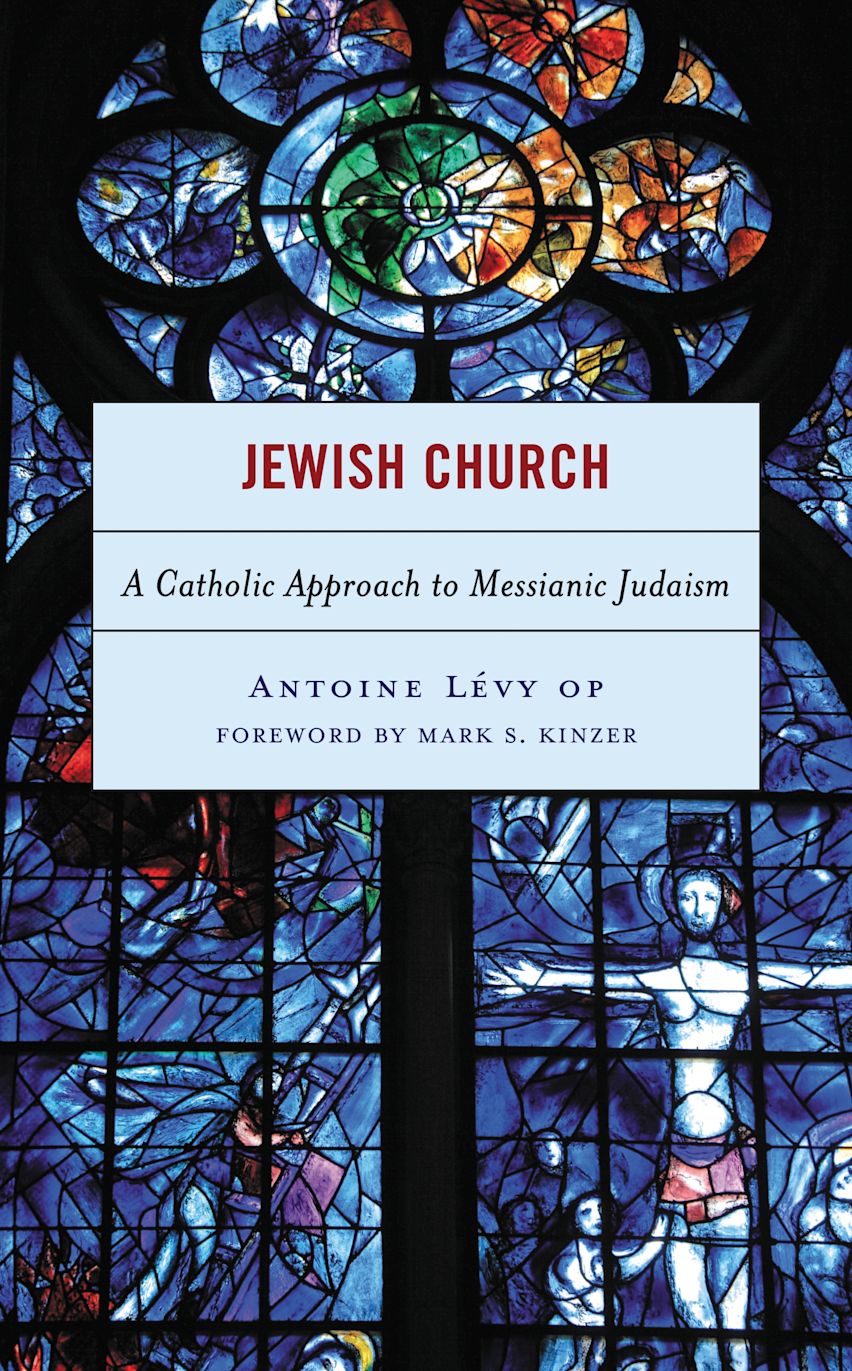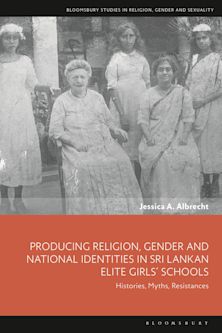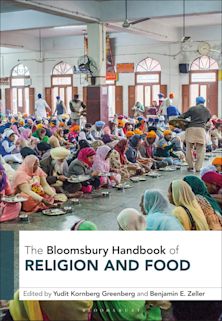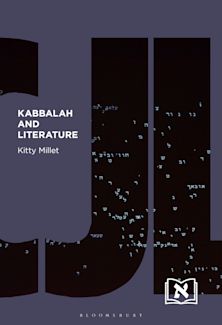- Home
- ACADEMIC
- Religious Studies
- Comparative Religions
- Jewish Church
Jewish Church
A Catholic Approach to Messianic Judaism
Jewish Church
A Catholic Approach to Messianic Judaism
You must sign in to add this item to your wishlist. Please sign in or create an account
Description
The idea of a Jewish Church has been banned from the Christian horizon for almost two millennia. But things are changing. Since the middle of the 70s the Messianic Jewish movement has strived to build an ecclesial home for all Jewish believers in Christ. This new phenomenon brings to life issues that had disappeared since the first centuries of the Church. What does it mean to be a Jew in the Church? Should there be a distinction between Jews and non-Jews among believers in Christ? Is such a distinction compatible with the unity of the whole Body of Christ so ardently preached by Paul? What lifestyle should this Church promote? In his various works, Mark Kinzer, a prominent Messianic Jewish theologian, has attempted to provide substantial answers to these questions. Antoine Lévy is a Dominican priest. With Kinzer, Lévy has launched the “Helsinki Consultation”, a cross-denominational gathering of Jewish theologians. In Jewish Church: A Catholic Approach to Messianic Judaism, Lévy examines Kinzer’s positions critically, bringing forward an alternative vision of what a “Jewish Church” could and should be. This is only the beginning of what promises to be a fascinating discussion.
Table of Contents
Technical Foreword
Introduction: The Purpose of a Critical Conversation with Mark Kinzer
I.Salvation (From Post-Missionary to Pre-Patristic Messianic Judaism)
II. Torah
III. Ekklesia
Conclusion: The Wider Fence
Product details
| Published | Jan 28 2021 |
|---|---|
| Format | Ebook (Epub & Mobi) |
| Edition | 1st |
| Extent | 434 |
| ISBN | 9781793633439 |
| Imprint | Lexington Books |
| Publisher | Bloomsbury Publishing |
About the contributors
Reviews
-
Lévy challenges the accepted Christian tradition of excluding Gospel-derived eschatology, soteriology, and theology from Jews as Jews. Lévy asserts this in dialogue with leading messianic Jewish thinker Mark Kinzer, who provides the foreword and who shares the conviction of the need of Israel qua Israel presence in the church, albeit with major differences: i.e., for Kinzer (a messianic Jew) bilateral ecclesiology, Jewish and non-Jewish; for Lévy (Catholic Jew) acceptance of a global ecclesia defined by the magisterium of the Roman Catholic Church, which sees theological significance in the emergence of a Jewish corporate entity that contributes to the reconciliation between Yeshua and his people. Lévy respects yet sees limitation in messianic Judaism that insists that Jewish believers remain and live Jewishly. Recommended.
Choice Reviews
-
Lévy, a Catholic Jew, is facing the most crucial challenge of a fully catholic Ekklesia head-on: how do the two parts of humanity, the Jew and the non-Jew, come in the one fully restored catholic church of Jesus Christ? This book is a timely celebration of the 'coming home” of Jewish believers in the living Body of the Messiah.
Benjamin Berger, Shepherd of the Jerusalem Messianic Congregation “Kehilat ha'Seh al Har Zion”
-
Fr. Lévy has written an important book. With his critical analysis of various positions, he has profoundly and convincingly presented a case for continued Jewish identity and practice in Jesus. A challenge to church leaders and to Messianic Jews on the ecclesial unity of the Church.
Daniel Juster, Founding President of Tikkun International and the Union of Messianic Jewish Congregations
-
Fr. Lévy enters into a critical conversation with the Messianic Jewish theology of Mark Kinzer and addresses the ecclesial status of the Jewish people within the Catholic Church. Lévy’s masterful presentation puts flesh on the bones of Elias Friedman OCD’s thesis in his book ‘Jewish identity’ and introduces critical considerations in the ongoing and vital theological discussions concerning the Jewish people and the Church.
David Moss, President, Association of Hebrew Catholics
-
Fr. AntoineLévy has written a very important book in which he engages in an intensive ecumenical dialogue with the ecclesiology of Mark Kinzer, perhaps the most articulate and profound exponent of the theology of Messianic Judaism. What makes this dialogue so fruitful is that Lévy Levy shares the foundational conviction of Kinzer on the need for a corporate Jewish presence in the Church that is structurally called from the circumcision and from the Gentiles. Lévy differs quite substantially, however, on the ecclesial and liturgical forms that ought to shape this Jewish dimension of the Church, so that it may remain in a catholic communion of faith, sacramental life, and hierarchical governance.
Lawrence Feingold, Assistant Professor of Theology at Ave Maria University

ONLINE RESOURCES
Bloomsbury Collections
This book is available on Bloomsbury Collections where your library has access.


































